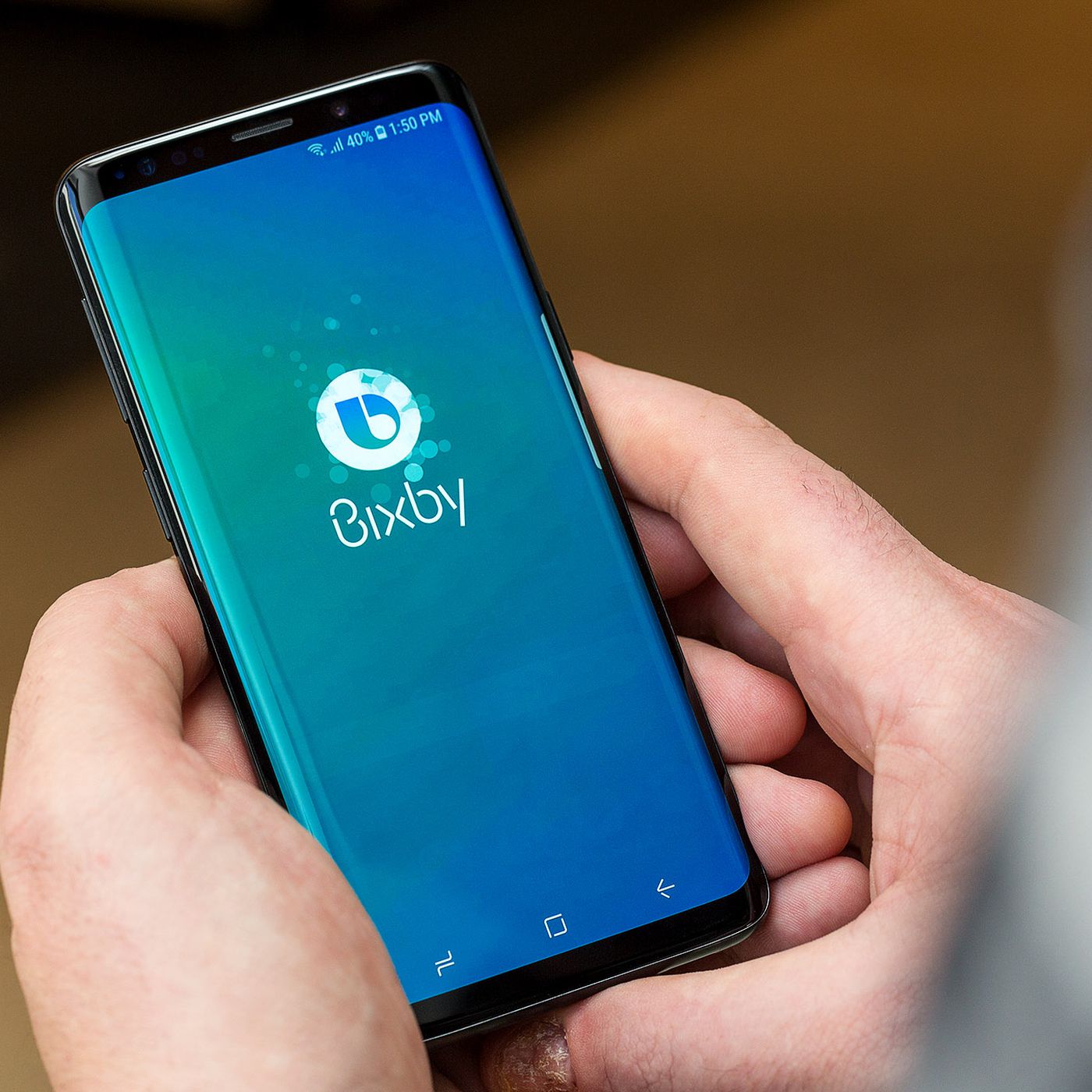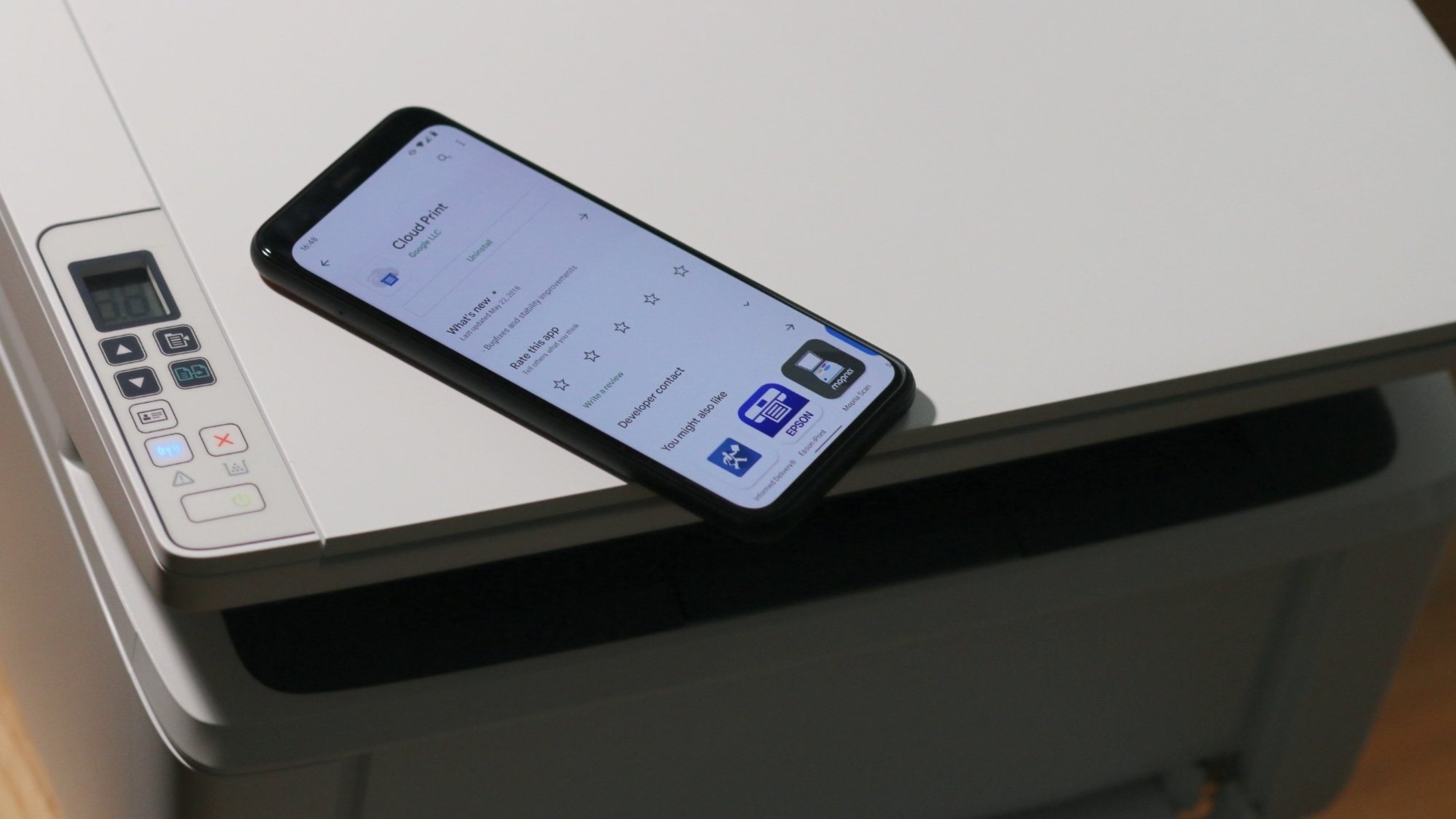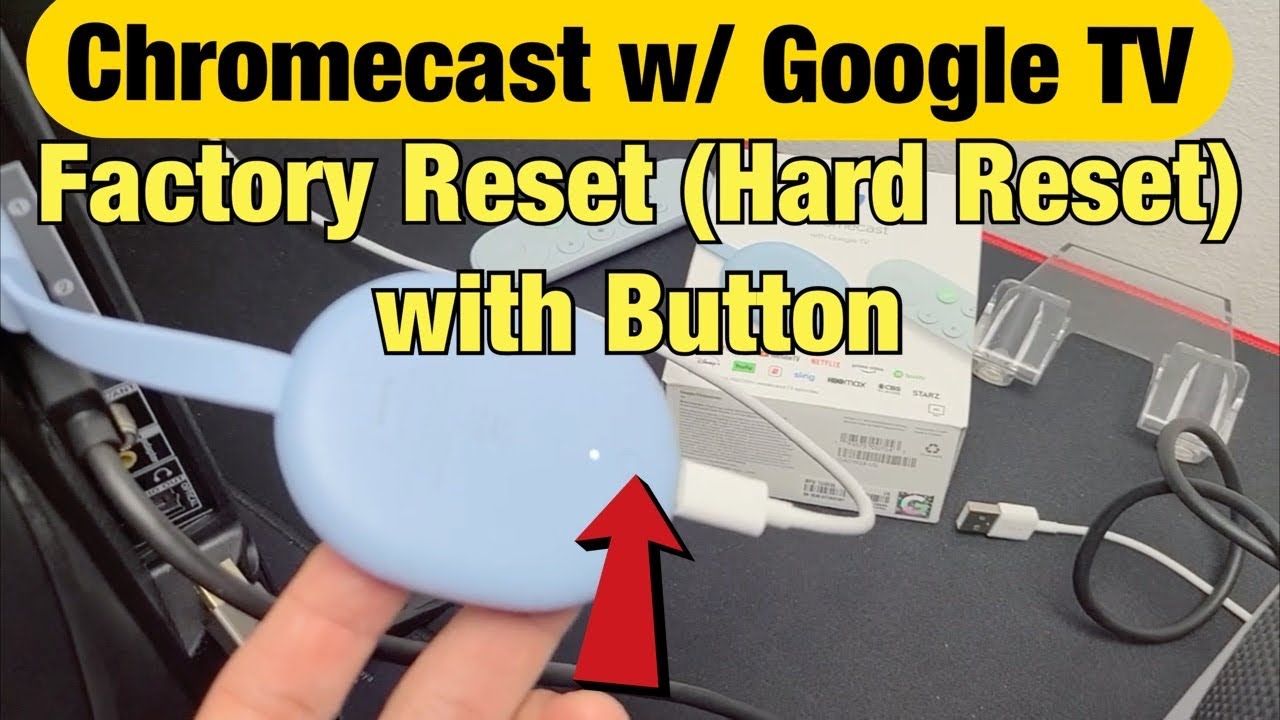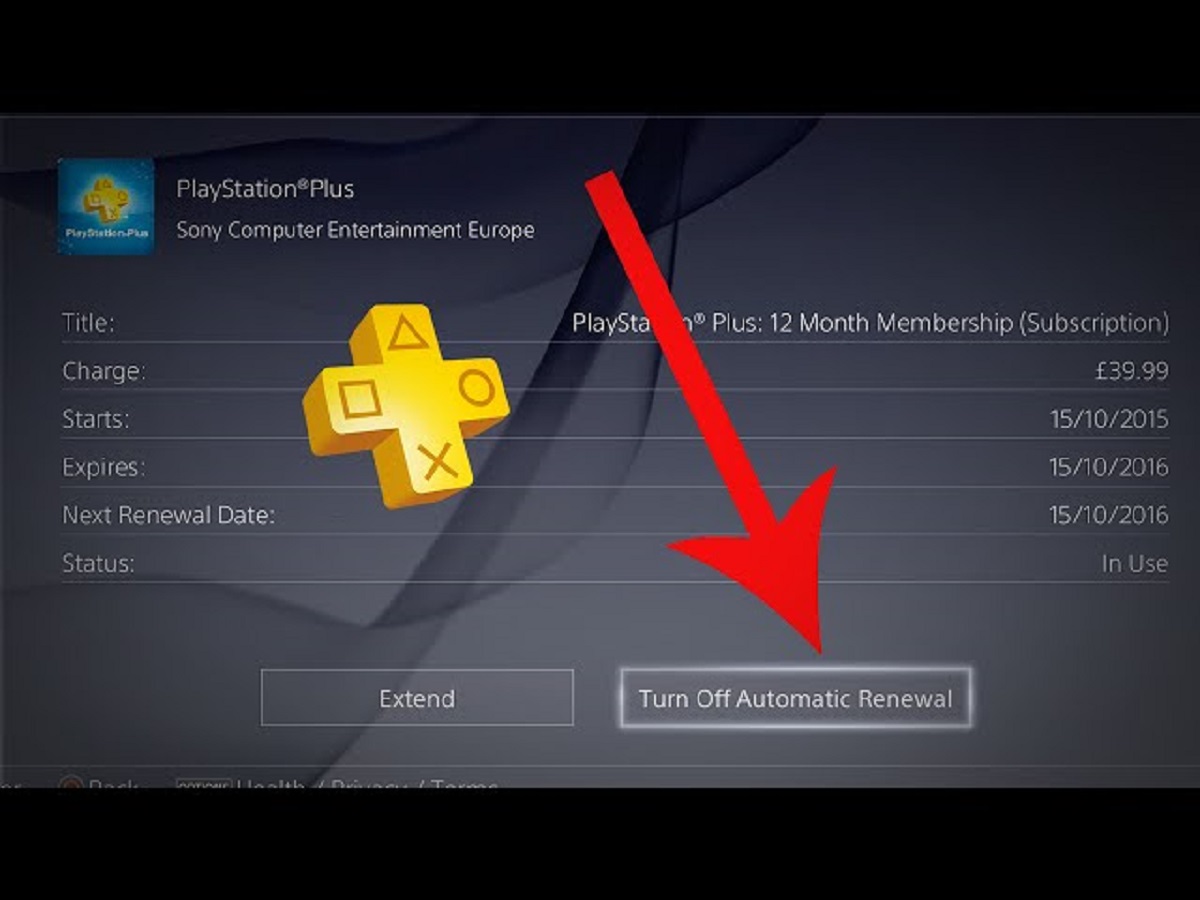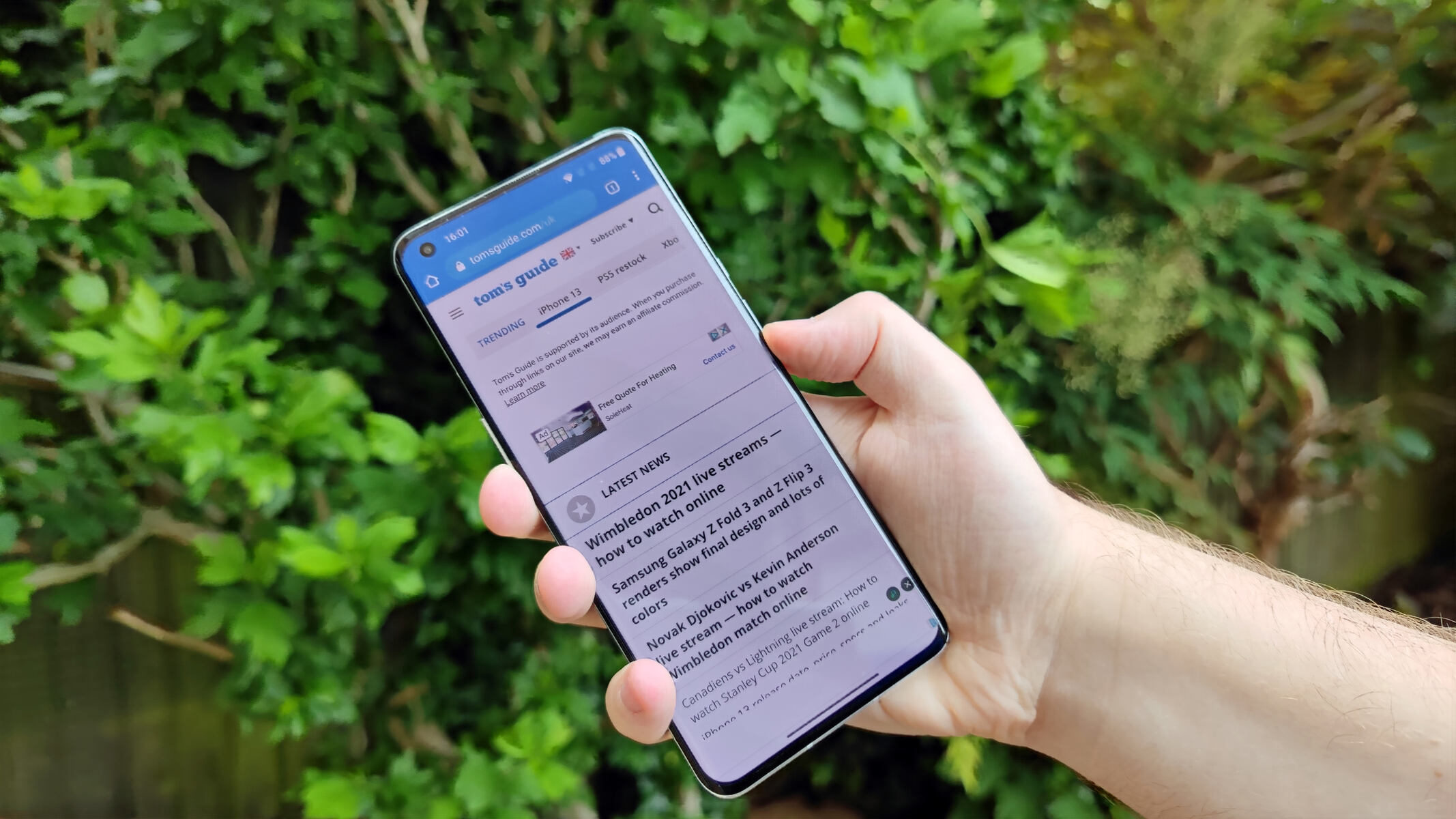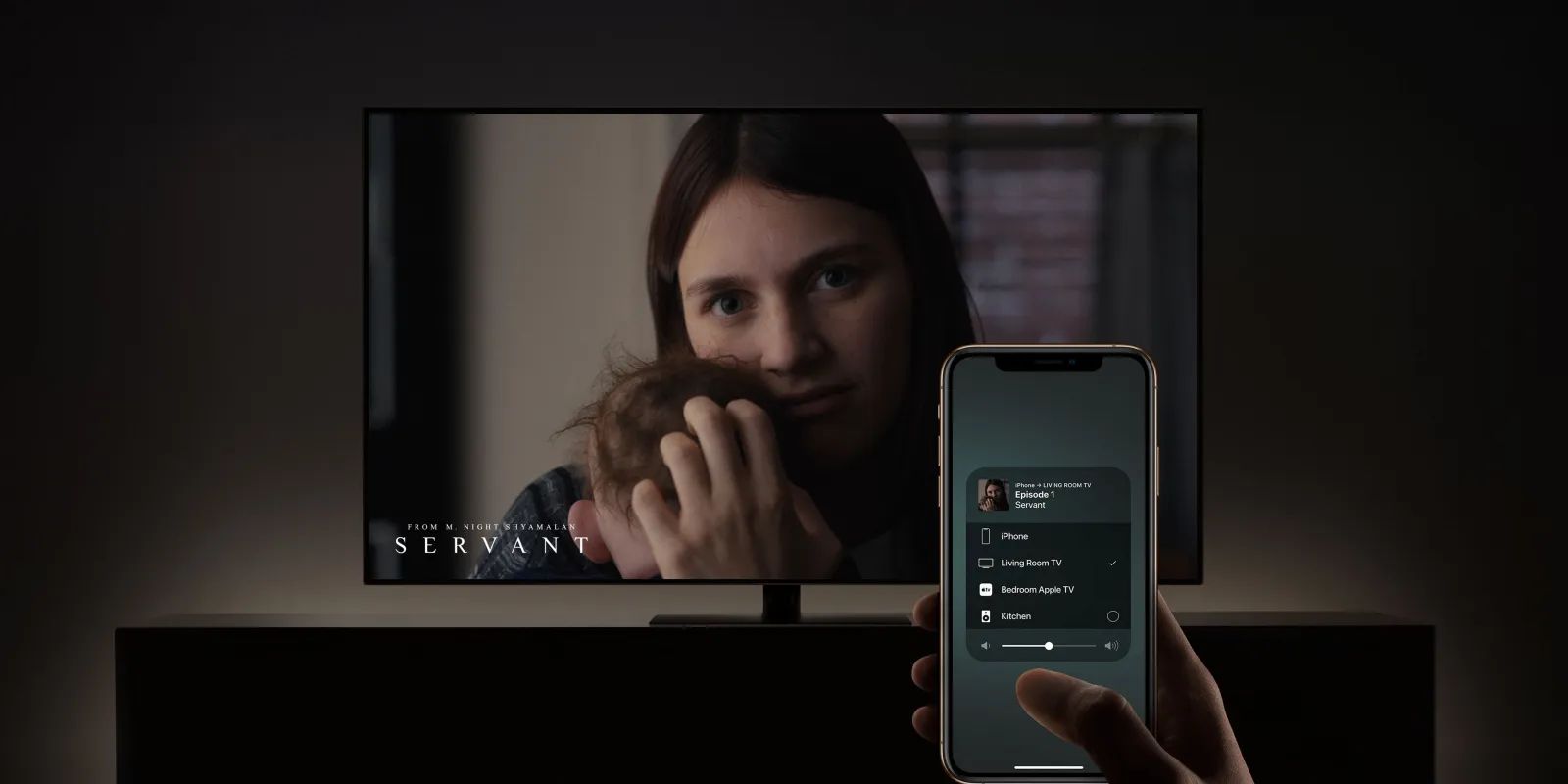Introduction
In a world dominated by technology, smartphones have become a ubiquitous presence in our lives. These devices offer us instant access to information, communication, and entertainment at our fingertips. With their sleek designs and countless features, it’s easy to see why smartphones have become such an integral part of modern society. However, while they may seem like a necessity, the truth is that you don’t actually need a smartphone.
Before the advent of smartphones, we relied on basic cell phones for our communication needs. These simple devices allowed us to make calls and send text messages, without the distractions and complexities that come with smartphones. While they may not be as flashy or as technologically advanced, basic phones offer a variety of benefits that are often overlooked in today’s smartphone-centric culture.
In this article, we will delve into the reasons why you don’t need a smartphone. We will explore the concepts of convenience versus distraction, the myth of productivity, saving money, living in the present, and the importance of disconnecting to reconnect. By reassessing our smartphone dependence and considering alternative technologies, we can regain control over our lives and foster meaningful connections in an increasingly digital world.
Convenience vs. Distraction: Finding the Right Balance
The convenience offered by smartphones is undeniable. From accessing emails and social media to navigating maps and capturing photos, these devices have transformed the way we interact with the world. However, along with convenience comes a significant level of distraction.
Smartphones are designed to be addictive, with notifications constantly vying for our attention. The constant barrage of alerts, messages, and app notifications can easily pull us away from the present moment and hinder our focus. Studies have shown that the mere presence of a smartphone, even if it’s turned off, can lead to decreased cognitive performance and increased anxiety.
By opting for a basic phone, we can strike a better balance between convenience and distraction. With fewer distractions and a simplified user interface, basic phones allow us to focus on what truly matters. We can engage fully in conversations, read a book without interruptions, or simply enjoy a quiet moment of reflection without the constant buzz of notifications.
Furthermore, a basic phone eliminates the temptation to mindlessly scroll through social media feeds or get caught in a never-ending cycle of app usage. This means we have more time and mental space to engage in activities that bring us joy and fulfillment.
By finding a balance between convenience and distraction, we can reclaim our time and attention. Instead of being constantly pulled in multiple directions, we can be more present and intentional in our daily lives. The key lies in recognizing that we have the power to choose the level of technology in our lives, and that sometimes less is more.
The Myth of Productivity: Debunking the Smartphone Hype
One of the main selling points of smartphones is their ability to boost productivity. With access to a plethora of apps, calendars, and productivity tools, it’s easy to believe that these devices are the ultimate productivity enablers. However, the reality is often quite different.
Studies have shown that smartphones can actually hinder productivity rather than enhance it. The constant notifications and distractions divert our attention away from important tasks, leading to decreased focus and efficiency. In fact, research has indicated that multitasking, which is prevalent when using smartphones, can decrease productivity by up to 40%.
Additionally, the addictive nature of smartphones can lead to a phenomenon known as “phantom vibration syndrome” – the false belief that our phone is vibrating or ringing even when it’s not. This constant anticipation and distraction can make it difficult to concentrate on the task at hand, resulting in decreased productivity and performance.
Furthermore, smartphones have blurred the boundaries between work and personal life. With the ability to check emails and respond to work-related messages at any time, it’s become increasingly challenging to disconnect and establish a healthy work-life balance. This constant connectivity has been linked to higher levels of stress, burnout, and decreased overall well-being.
By opting for a basic phone, we can separate our work and personal lives more effectively. Without the constant distractions and constant connectivity, we can focus on the tasks at hand and be more present in our personal interactions. This separation allows us to recharge and prioritize our well-being, leading to increased productivity and overall happiness.
It’s important to debunk the myth that smartphones are essential for productivity. While they may offer certain conveniences, they can often hinder our ability to stay focused and organized. By reassessing our reliance on smartphones and exploring alternative ways to boost productivity, we can reclaim our time and achieve a better work-life balance.
Saving Money: How a Basic Phone Can Benefit Your Wallet
Smartphones are undoubtedly expensive devices. From the initial cost of purchasing the phone itself to the monthly data plans and app subscriptions, owning a smartphone can put a significant dent in your wallet. However, by opting for a basic phone, you can reap financial benefits while still staying connected.
Firstly, basic phones are generally much more affordable than smartphones. Without the high-tech features and advanced technology, these devices come at a fraction of the cost. This means you can save a substantial amount of money upfront by opting for a basic phone instead of shelling out hundreds of dollars for the latest smartphone model.
In addition to the lower upfront cost, basic phones also offer more affordable monthly plans. Since they don’t require expensive data packages or extensive app usage, the monthly bill for a basic phone is typically lower compared to a smartphone plan. This ongoing cost savings can have a significant impact on your budget in the long run.
Moreover, basic phones have a longer lifespan compared to smartphones. With fewer intricate components and software updates, basic phones are often more durable and require less frequent repairs or replacements. This further reduces the maintenance and replacement costs associated with owning a smartphone.
By opting for a basic phone, you can also avoid certain hidden costs that come with smartphones. These costs can include app subscriptions, in-app purchases, and pricey accessories that are often advertised alongside the latest smartphone models.
Lastly, using a basic phone can help you resist the temptation of impulse purchases. With limited internet access and a more minimalist approach, you’re less likely to be influenced by online shopping platforms and flashy advertisements. This can result in more mindful spending and help you stick to your budget.
Overall, choosing a basic phone over a smartphone can lead to significant cost savings in various ways. From the initial purchase price to ongoing monthly bills and reduced hidden costs, embracing simplicity can benefit both your wallet and your financial well-being.
Living in the Present: Rethinking Smartphone Dependence
In today’s hyperconnected world, it’s easy to get lost in the digital realm and lose touch with the present moment. Smartphones have become constant companions, providing us with a gateway to the virtual world wherever we go. However, this constant connection comes at a cost – the loss of genuine experiences and the ability to fully engage with the present.
With a basic phone, we can reclaim our ability to live in the present. By removing the constant distraction of smartphones, we can appreciate the beauty of the world around us and engage fully in the experiences and interactions that unfold in real time.
When we rely less on our phones for entertainment and distraction, we become more attuned to our surroundings. We can notice the subtle details, appreciate the natural beauty, and connect more deeply with the people around us. Without the constant urge to capture every moment on our smartphone cameras, we can truly experience and cherish those moments for what they are.
Additionally, reducing our dependence on smartphones promotes mindful living. Instead of mindlessly scrolling through endless feeds and timelines, we can focus on the present moment and engage in activities that bring us joy and fulfillment. Whether it’s spending quality time with loved ones, pursuing hobbies, or simply enjoying some quiet solitude, a basic phone allows us to prioritize and savor the present.
Furthermore, by relying less on smartphones, we can improve our mental well-being. Studies have shown that excessive smartphone use can lead to feelings of anxiety, loneliness, and disconnection. By disconnecting from the virtual world and reconnecting with the present, we can create space for genuine human connection, cultivate deeper relationships, and foster a greater sense of belonging.
Living in the present doesn’t mean completely abandoning technology. It means finding a balance between the convenience of modern devices and the need for authentic connection and presence. By rethinking our smartphone dependence and embracing a more mindful approach, we can enhance our overall quality of life and truly experience the world around us.
Health and Well-being: The Unseen Effects of Smartphone Overuse
The rise of smartphones has undoubtedly revolutionized the way we communicate, work, and entertain ourselves. However, the excessive use and dependence on these devices can have significant implications for our health and well-being. From physical ailments to mental health concerns, the unseen effects of smartphone overuse should not be ignored.
One of the most evident health effects of smartphone overuse is the impact on our posture. Constantly hunching over our phones can lead to poor posture, neck and back pain, and even long-term spinal issues. This “text neck” phenomenon can have a detrimental effect on our physical well-being and contribute to chronic pain and discomfort.
Moreover, the blue light emitted by smartphone screens can disrupt our sleep patterns. The exposure to blue light at night can interfere with our body’s natural circadian rhythm, making it difficult to fall asleep and achieve restful sleep. This can result in daytime fatigue, decreased cognitive function, and a compromised immune system.
Additionally, excessive smartphone use has been linked to mental health issues such as anxiety, depression, and social isolation. The constant comparison and exposure to curated images and lifestyles on social media can fuel feelings of inadequacy and low self-esteem. The constant need for validation through likes and comments can be emotionally draining and contribute to a sense of dissatisfaction and disconnection.
Furthermore, the constant stimulation and overuse of smartphones can limit our ability to be present and engage in activities that foster our overall well-being. Spending excessive time on screens can detract from taking care of our physical health, such as exercise and healthy eating habits. It can also hinder our ability to engage in meaningful face-to-face interactions, which are crucial for maintaining social connections and overall happiness.
Recognizing the unseen effects of smartphone overuse is the first step towards prioritizing our health and well-being. By setting boundaries around smartphone use, taking regular digital detoxes, and finding alternative ways to engage with the world around us, we can mitigate these health risks and regain control over our lives.
Ultimately, our health and well-being should be our top priority, and reevaluating our smartphone usage is an important aspect of achieving this balance. By reducing our dependence on smartphones and finding healthier ways to navigate the digital world, we can protect our physical and mental health and lead more fulfilling lives.
Disconnecting to Reconnect: The Importance of Digital Detox
In a world that is constantly connected, taking the time to disconnect from our smartphones and other digital devices has never been more crucial. Engaging in a digital detox allows us to step back, recharge, and reconnect with ourselves and those around us in a more meaningful way.
Constant exposure to screens and the digital world can be mentally and emotionally draining. The constant stream of information, notifications, and messages can make us feel overwhelmed and disconnected from our own thoughts and feelings. Taking a break from our smartphones allows us to regain control over our attention and shift our focus back to the present moment.
A digital detox also provides an opportunity for self-reflection and self-care. By disconnecting from the digital noise, we can engage in activities that promote our well-being, such as reading, meditating, spending time in nature, or pursuing hobbies that bring us joy. These activities allow us to recharge, reduce stress, and enhance our overall mental and emotional resilience.
Moreover, a digital detox encourages us to cultivate deeper connections with others. When we are fully present and attentive, we can engage in meaningful conversations, create lasting memories, and strengthen our relationships. By putting our devices aside and giving our full attention to those around us, we show them that they are valued and that we genuinely care about their presence.
It’s important to acknowledge that a digital detox doesn’t have to be an all-or-nothing approach. It can be as simple as designating specific times or spaces where digital devices are not allowed, such as during meals, before bed, or during social gatherings. Setting boundaries and being intentional with our technology use allows us to create a healthier relationship with our devices.
By disconnecting from our smartphones and embracing a digital detox, we can reclaim control over our time, attention, and overall well-being. It allows us to reconnect with ourselves, nurture our relationships, and experience the world in a more authentic way. Taking regular breaks from our digital devices is an essential practice in our fast-paced, technology-driven society, reminding us of the value of human connections and the importance of living in the moment.
Navigating the Social Landscape: Maintaining Real Connections
While smartphones and social media platforms have enabled us to connect with others across the globe, they have also influenced the way we navigate social interactions. Maintaining real connections in the digital age requires a conscious effort to strike a balance between online and offline interactions.
It’s easy to get caught up in the illusion of social connection that social media provides. We may have hundreds or even thousands of online friends, but the depth and quality of those connections can be questionable. Likes, comments, and emojis cannot replace the authenticity and intimacy of face-to-face interactions.
To maintain real connections, it’s important to prioritize offline interactions. This means setting aside dedicated time to spend with loved ones, engaging in meaningful conversations, and truly being present in those moments. By investing in quality time and active listening, we can deepen our relationships and forge stronger bonds.
Additionally, it’s essential to be mindful of our social media usage. While platforms like Facebook, Instagram, and Twitter can be great for staying connected, they can also contribute to feelings of comparison, envy, and FOMO (fear of missing out). It’s important to remember that what we see on social media is often a highlight reel, not an accurate representation of someone’s life.
Regularly assessing our social media habits can help us create healthier boundaries. This might involve limiting the time spent scrolling through feeds, unfollowing accounts that evoke negative emotions, or even taking periodic breaks from social media altogether. By stepping back from the virtual world, we can redirect our energy towards fostering genuine connections in the real world.
Real connections are built on trust, empathy, and reciprocity. Engaging in acts of kindness, expressing gratitude, and actively listening to others are powerful ways to nurture and deepen our relationships. By being present in our interactions, we can show genuine interest and make others feel seen and valued.
Remember that real connections require effort, time, and vulnerability. It’s a continuous journey of building and maintaining relationships in an authentic manner. By prioritizing face-to-face interactions, being mindful of our social media engagement, and investing in meaningful conversations, we can navigate the social landscape and cultivate genuine connections that enrich our lives.
Discovering Alternative Technologies: Finding the Perfect Fit
While smartphones have become the go-to device for communication and information, it’s important to remember that they are not the only option available to us. Exploring alternative technologies can present us with new opportunities to find the perfect fit for our needs, preferences, and values.
One alternative to consider is a basic phone with limited functionality. These devices offer simplicity and essential features without the distractions and complexities of smartphones. They can provide us with the necessary means of communication while minimizing the temptation to get caught up in the digital world.
Another alternative is a feature phone that provides a balance between essential connectivity and additional convenience. These devices offer some additional features, such as a basic camera, music player, or basic internet browsing capabilities, while still maintaining a focus on simplicity and reduced distractions.
For those who require more advanced functionality but want to reduce smartphone dependence, a smartwatch or a wearable device may be a suitable choice. These devices allow you to access notifications, track fitness, and perform basic tasks without the full suite of distractions that come with smartphones.
Moreover, e-readers can be a great alternative for avid readers who want to enjoy the convenience of digital reading without the distractions of social media and internet access. E-readers provide a focused reading experience with features such as adjustable font sizes, long battery life, and reduced eye strain.
It’s also worth considering retro or minimalist phones, which are specifically designed to prioritize simplicity and minimize distractions. These devices strip away all unnecessary features, leaving only the essential functions for communication, allowing you to focus on what truly matters.
Ultimately, discovering the perfect alternative technology depends on your personal preferences, needs, and lifestyle. Reflect on your priorities and consider what aspects of smartphone usage are important to you. Is it the convenience, communication, or certain apps and functionalities?
Experimenting with different devices can help you find a balance that aligns with your values and goals. Whether it’s minimizing distractions, reducing screen time, or focusing on specific tasks, alternative technologies offer a range of possibilities to tailor your digital experience to your individual needs.
Remember, technology is a tool that should serve us, not dominate our lives. By exploring alternative options, we can regain control, find the perfect fit, and consciously use technology in a way that enhances our lives without overwhelming us.
Conclusion
In a world where smartphones have become an integral part of our daily lives, it’s important to recognize that owning a smartphone is not a necessity. We have explored the various reasons why you don’t need a smartphone, from the convenience vs. distraction dilemma to the myths surrounding productivity. We have seen how a basic phone can benefit your wallet, help you live in the present, and have positive effects on your health and well-being.
By disconnecting from our smartphones, we can truly engage and be present in our lives, fostering deeper connections and meaningful experiences. We can reclaim our time, attention, and mental well-being by creating boundaries around technology use and taking regular digital detoxes. Exploring alternative technologies allows us to find the perfect fit for our needs and preferences, while still staying connected in a more intentional and mindful way.
Remember, our relationship with technology should be one of conscious choice and balance. By reevaluating the role smartphones play in our lives and considering alternatives, we can regain control, prioritize our well-being, and cultivate a healthier and more fulfilling digital experience.
So, next time you feel the pressure to own a smartphone, take a step back and reflect on the alternatives and the benefits they offer. Embrace the freedom and simplicity of a basic phone, and rediscover the joy and mindfulness that comes from living in the moment. Your wallet, your well-being, and your relationships will thank you.










